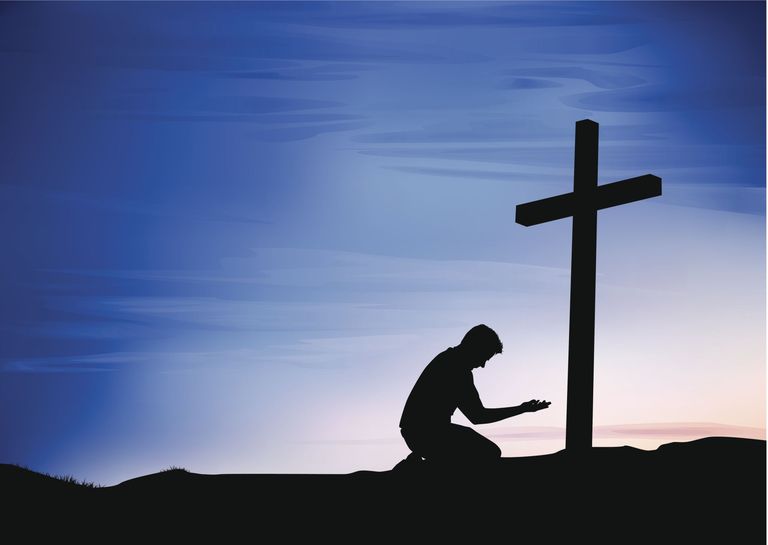Reflections on Life, Death, and Love

Deep in the Ottawa Valley, on the shores of the Madawaska River, in the heart of a community founded by a Russian baroness, I recently made the annual eight-day retreat required of Jesuits. It was my forty-eighth-year of praying in this special place—special because it’s a community of lay men and women as well as priests, and embraces the spirituality of both eastern and western Christianity (it breathes with both lungs, to borrow a phrase from a recent pope).
One refrain that emerged in my reflections was from a French song made popular some years ago by Nana Mouskouri, in which she sings, Je ne peux rien faire contre la vie, contre la mort, contre l’amour. I had quoted this line in two memorial services, one for my Aunt Nelly and, more recently, for my sister Audrey.
On the first occasion, I had translated it as, “I can do nothing in the face of life, in the face of death, in the face of love,” and, on the second, as, “I can do nothing about life, about death, about love.” But during my recent retreat I was thinking more about myself, and it came out this way: “I am powerless over life, over death, over love.” The word powerless seemed just right, like an introduction to a kind of three-step program for growing in freedom.
It helps to acknowledge my powerlessness over life, not only over my coming into life, but also over my staying alive, because we are so lightly here (from another song, Leonard Cohen’s Boogie Street):
And so my friends, be not afraid,
We are so lightly here.
It is in love that we are made;
In love we disappear.
 In love we disappear: we are normally powerless also over our own death and dying—we are so lightly here—but when we die, it is into love that we disappear. Leonard was Cohen was eighty-three years old when he disappeared, and I’m not far behind him. It’s difficult not to think about death at my age. Here are the last lines of the last poem (“Hold out your arms”) written by Helen Dunmore shortly before her recent death from cancer at the age of sixty-four. They’re addressed to her mother:
In love we disappear: we are normally powerless also over our own death and dying—we are so lightly here—but when we die, it is into love that we disappear. Leonard was Cohen was eighty-three years old when he disappeared, and I’m not far behind him. It’s difficult not to think about death at my age. Here are the last lines of the last poem (“Hold out your arms”) written by Helen Dunmore shortly before her recent death from cancer at the age of sixty-four. They’re addressed to her mother:
As you push back my hair—
Which could do with a comb
But never mind—
You murmur
“We’re nearly there.”
Yes, we’re nearly there, but not quite yet. Meanwhile, the other imponderable that needs pondering is love. It’s what I spent most of this last retreat reflecting on, and counting the ways others have loved me, from my mother and father and sister, to my aunt Nelly and all the others since. There was so much love in those early years that I think I came to take it all for granted, just as I’ve taken God’s love for granted. “That’s what we’re like when we’re ruined, said she” (Thomas Hardy).
Ruined, spoiled—it’s much the same thing. But it means that there’s something seriously wrong with my loving. It’s the one thing that we’re put on earth to learn, and I fear that I’ve not yet learned it. And yet there is still time. Time is the other great gift we take for granted, but it’s what holds out hope. And so my retreat, far from being morose, was hope-filled, joyful, and full of gratitude for length of days and years, for so many dear friends, and for all the love that has been lavished on me by so many.




No Comments